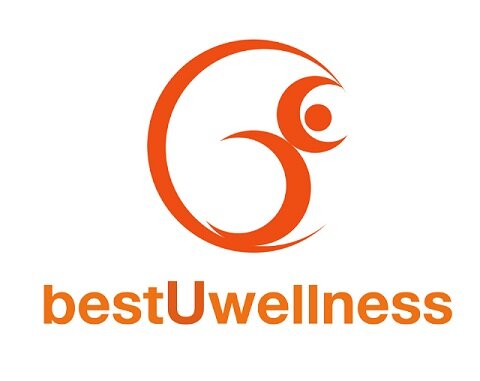It seems that everyone these days is concerned with protein--and no wonder with all the food and drink products being advertised and supplements hocked by so-called fitness "experts". Typical questions I get from clients and curiosity-seekers: "Am I getting enough? Doesn't protein help in losing weight? I have to eat meat to get protein, right? Should I buy a protein powder?"
As if we really need to be concerned about not getting enough protein! Americans typically eat WAY more than they need, and especially in animal products and protein supplements. Protein is an essential nutrient that plays a key role in how our bodies function, but despite all the hooplah about high-protein diets, our protein requirements are really not that much: only about a third of a gram per pound of body weight.
"Protein should provide about 15% of an average healthy person’s daily calories. As a rule of thumb, people of both sexes and any size will do fine with about 60 grams of protein a day".
If you are a meat-eater, about 6-12 ounces of meat per day for example, will more than fit the bill! If you like eggs, one egg is 6 gms protein and two eggs gives you 1/4 of your daily protein needs! (This is not an estimate for professional athletes or bodybuilders, this is only for the average person who is reasonably active). If you are active and a regular exerciser, you will need a little more protein in your diet. Very important for my girlfriends out there!: A woman’s risk of breast cancer goes up significantly the more animal protein they consume, so it’s recommended that women only have one serving of animal flesh per day, and one serving is about 5-6 ounces, or visually the size of your palm. In fact, eating a high-meat diet is related to a much higher risk for many diseases in both males and females, especially heart disease and colon cancer. Excess dietary protein creates more uric acid which upsets ph balance, increases calcium loss in the urine, raises the risk for osteoporosis and kidney stones, and results in more inflammation throughout the body. Joint pain? Two things I look at first with a new Health Coaching client: meat consumption and water intake. Dehydration affects the joints and nerves and will create and increase pain. To avoid weight gain or to lose weight, you certainly don’t want to take in more protein than you need. Your body will use the protein it needs and actually just store any extra as fat!
A greater concern than "how much?" is "from where?" Meat sourced from factory farms that raise animals loaded with growth hormones and antibiotics, fed mostly GMO corn and soy, and in an environment that fosters diseased and terribly stressed animals is not a healthy source. These also increasingly harbor salmonella outbreaks. Whenever possible, look at local sources of animal meat raised on sustainable farms concerned with the ethical treatment of their livestock. Otherwise, I'd say purchase the highest quality you can--which will be more expensive--but eat smaller amounts of meat, and start moving towards a more plant-based diet. Your health will be vastly improved and you will spend less on your food budget!
“If everyone were to adopt a whole-food, plant-based diet, I believe we could lower our healthcare costs by 70-80%” Dr. T. Colin Campbell, PhD”
And then we get to the part where I tell you that veggies also have protein in them. And that it's possible for many, but not all, to get plenty from plant sources. Learning what works best for you is an experiment worth exploring! Did you know that one cup of cooked lentils provides you with almost 18 grams of protein and 16 grams of fiber? Lentils are also loaded with iron, zinc, phosphorous, potassium and folate. In fact, plant foods are a great source to fill your protein needs. Including more plant sources of protein will also offer more a lot more health benefits including live enzymes, lots of antioxidants to fight free-radical damage, healthy gut bacteria, more fiber and loads of essential nutrients. There are lots of nutrient dense foods with a high protein content!
Just keep in mind, it’s always more important to eat a varied diet than to isolate and focus on any one nutrient. Whole Real Foods that you mostly prepare at home are wonderful nature packages with nutrients that all work synergistically to give your body exactly what it needs.
if you're ready to really and finally reach your health and fitness goals--which includes learning how to eat super-nutritiously, how to cook and prepare delicious, quick and inexpensive meals, have a stronger body and more resilient immune system, and to create a healthier lifestyle in every way--contact me! This is what I coach, teach and live everyday! Check out my website: www.bestuwellness.com and the different programs and services I offer. Then reach out! I'd love to talk to you. Be Well! Carol


